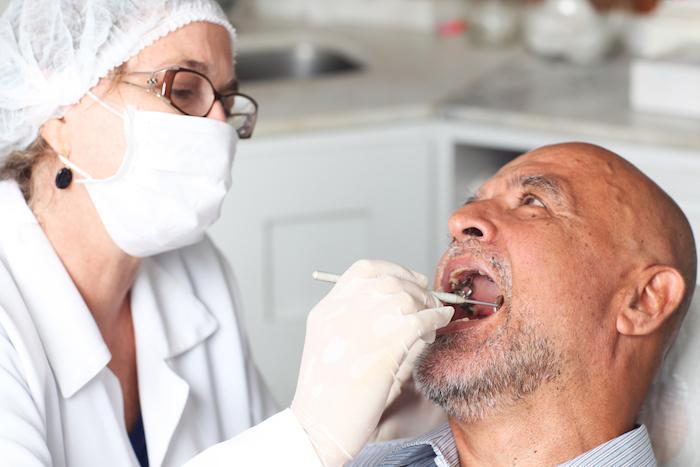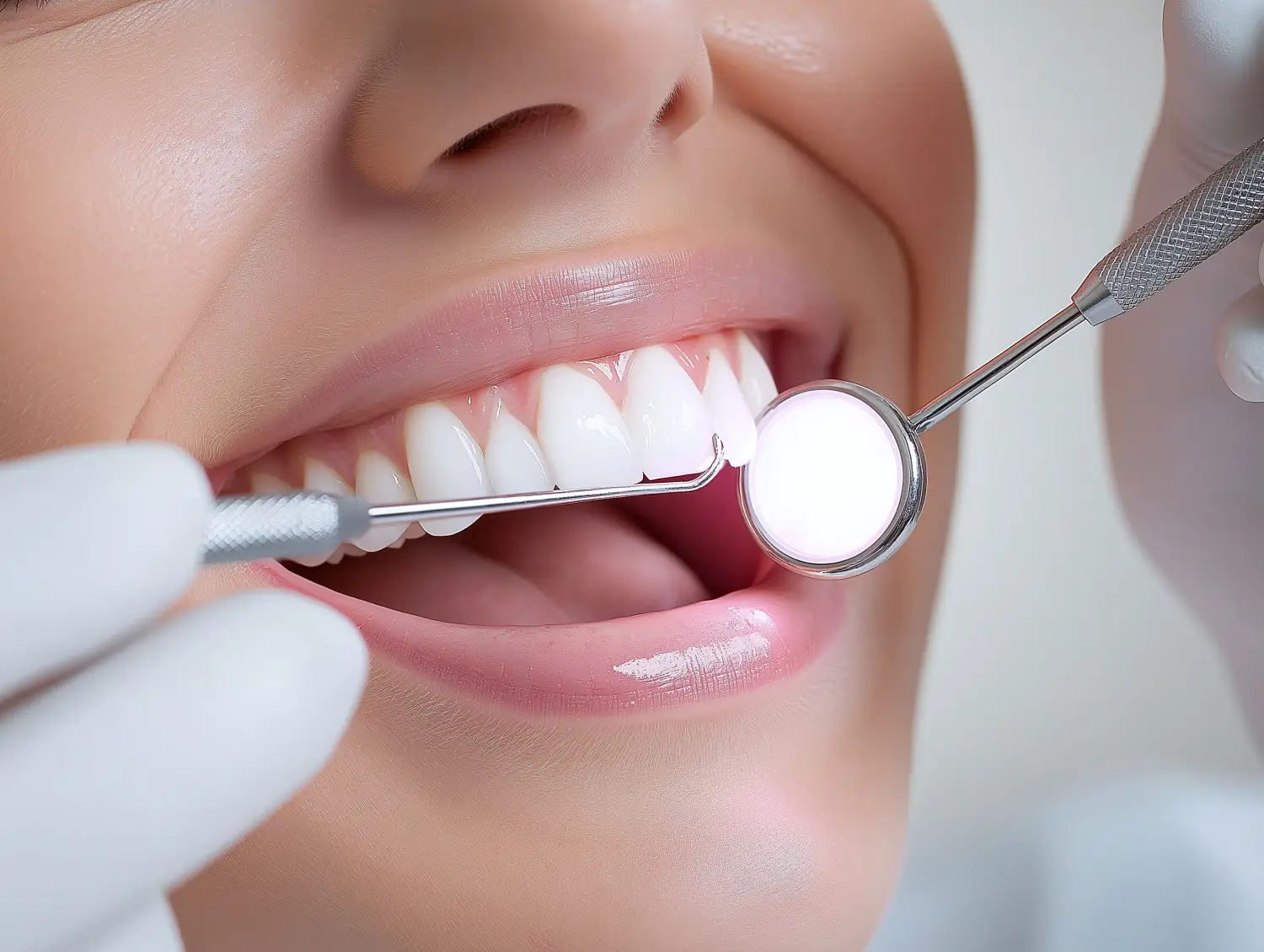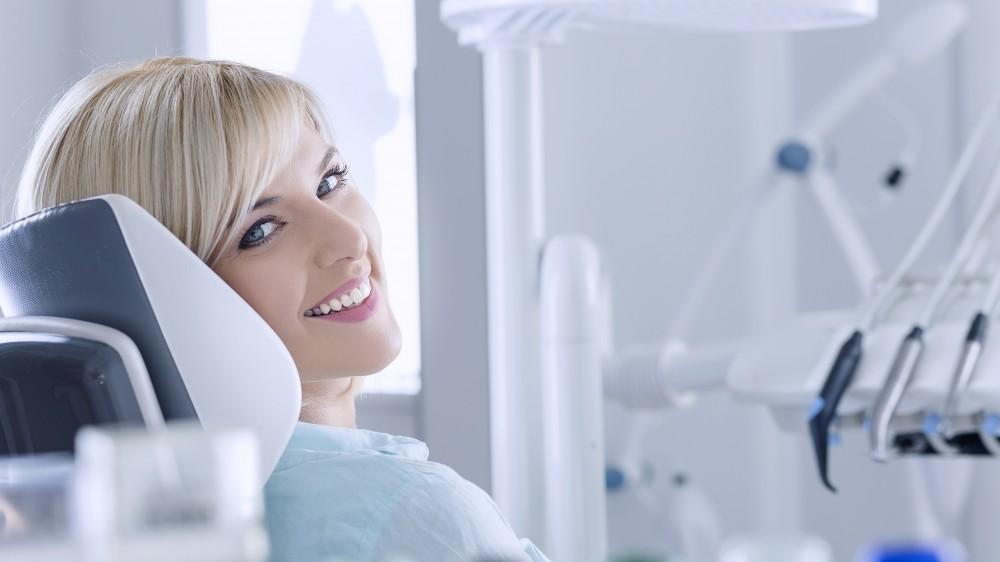
Are You at Risk for Oral Cancer?
Each year more than 50,000 Americans are diagnosed with oral cancer. At first blush, you may think that if there’s no history of cancer in your family, oral cancer doesn’t have to be on your radar.
Not so, says Dr. Marcano at Orlando Center for Cosmetic Dentistry. In this blog, he does a deep dive into oral cancer and its risk factors so that you can better understand how to best manage optimal oral health.
An excellent place to start this conversation is to address the elephant in the room. Some people get cancer despite being vigilant to living a healthy lifestyle. That being said, knowing what puts you at a higher risk for cancer, and in this case, oral cancer, allows you to make lifestyle decisions that can significantly lower your risk of developing oral cancer.
Oral cancer explained
Let’s unpack this conversation by first clarifying what oral cancer is. You may have heard the terms head and neck or oropharyngeal cancers, which define a collection of mouth cancers in a particular region. The terminology may seem tricky and confusing, but the name of cancer typically refers to where it begins.
Oral cancer, sometimes called oral cavity cancer, is the name given to cancers that develop inside the mouth – on the cheeks, tongue, gums, floor of the mouth, and soft and hard palate. Oral cancers typically begin as sores or lesions that are stubborn to heal. As is the case for most diseases, the key to successfully treating oral cancer is early detection.
Here at Orlando Center for Cosmetic Dentistry, we do oral cancer screenings as part of our regular dental checkups. We’ll check under your tongue as well as your gums and cheeks, looking for the red and white lesions, visible sores, or any other irregularities. Suppose Dr. Marcano sees something that doesn’t seem right. In that case, he uses gloved hands to feel for lumps or performs other diagnostics like a special toluidine blue mouth rinse, an auto-fluorescent light, or a device called VELScope® Vx to detect possible abnormal cells.
Tobacco and alcohol use
Although it’s impossible to prevent all oral cancers, certain lifestyle activities put you at a much higher risk of developing oral cancer. Chief among these lifestyle choices are using tobacco products and drinking alcohol. Smoking cigarettes and cigars, as well as pipe smoking makes you six times more likely than non-smokers to develop oral cancers. Smokeless tobacco products do nothing to protect you from the risks of gums, cheek, and lip cancer.
Similarly, oral cancers are about six times more likely to be found among those who consume alcohol drinkers than in non-drinkers. Remarkably an estimated 75% to 80% of people with oral cavity and pharynx cancer are alcohol consumers. And when it comes to oral cancer, the more you drink, the higher the risk.
According to the American Cancer Society, 7 of 10 oral cancer patients are heavy drinkers, defined as about two or more drinks per day for men and one or more drinks per day for women. Unfortunately, if you are both a heavy smoker and drinker, your oral cancer risk increases significantly.
Men are more likely to get oral cancer
Higher rates of alcohol and tobacco come into play when looking at oral cancer risk factors by gender. According to the American Cancer Society, men are twice as likely to get oral cancer than women, with men over 50 years old facing the most significant risk. Oral cancer is the sixth leading cancer among men.
Long-term chronic sun exposure
You probably are aware of the damaging effects ultraviolet light from sun exposure has on your skin. Chronic facial sun exposure can also put you at higher risk for oral cancer, particularly lip cancer. If you have a job working outdoors or had frequent, chronic sun exposure when you were younger, you are at a higher risk for developing oral cancer. If your lifestyle lends itself to frequent sun exposure, do yourself a favor, wear a hat and use sunscreen especially intended for your face. It’s a win-win for your face and lips.
If you notice a mouth sore that doesn’t go away or seems to be getting larger, don’t wait for your next dental appointment. Contact us at Orlando Center For Cosmetic Dentistry for an oral cancer exam. Schedule an appointment by clicking the online booking tool or calling the office today at 407-855-1471.
Related Posts

Welcome to Orlando Center for Cosmetic Dentistry

Teeth Cleaning Aftercare Tips

What Are Dentures? Everything You Need to Know
%20copy.jpg)
Schedule your visit today
We’re here to help you achieve a healthier, more confident smile with precision care and no pressure. Let’s get you started.
